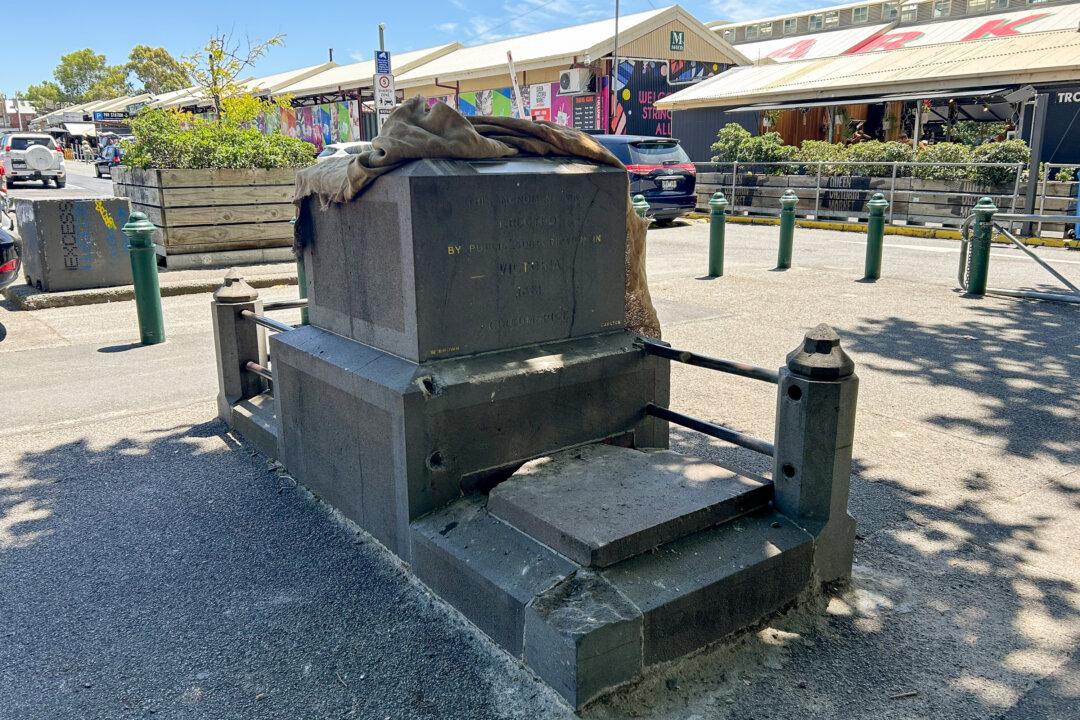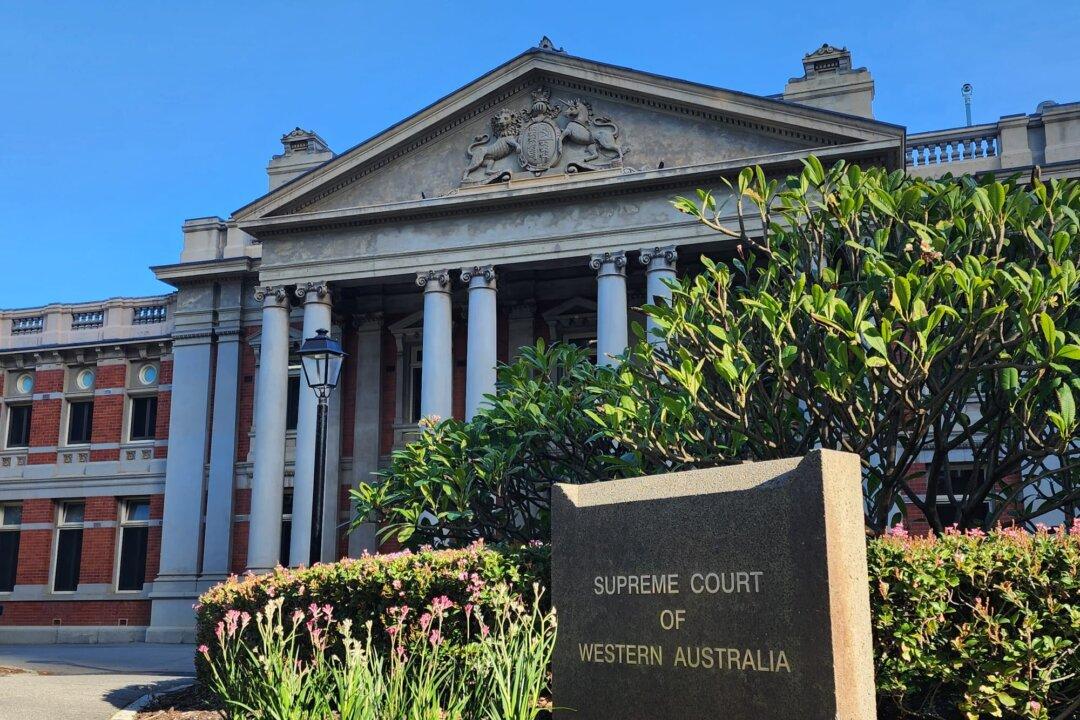The Pfizer vaccine is recommended for people under 50 by Australia’s health authorities after the AstraZeneca treatment that is being produced domestically was linked to blood-clotting, throwing the vaccination program into disarray.
The government has secured a further 20 million Pfizer vaccines but they won’t arrive until late in the year.
Home Affairs Minister Karen Andrews, who was until recently the minister for science and technology, says it is “absolutely” possible Australia could manufacture a mRNA vaccine.
“We do have capability in Australia to manufacture mRNA vaccines. We don’t have the capacity to produce at scale at the moment,” she told Sky News’ Sunday Agenda program.
She said work is already under way to try and make that happen.
Meanwhile, the national cabinet will meet on Monday to discuss the vaccine rollout, as well as how to open up the economy in the future and perhaps moving to home quarantine.
“What we need to do is look sensibly at how we are going to bring people into Australia so that we can reopen our economy,” Ms Andrews said.
“What we shouldn’t be doing is leaping into solutions now without having all the evidence in front of us.”
In the meantime, authorities will continuously review all vaccines in use following the death of a 48-year-old woman considered linked to the AstraZeneca COVID-19 jab.
A safety group convened by the Therapeutic Goods Administration has concluded the NSW woman’s case of blood clots with low platelet count was likely to do with her vaccination on April 8.
Government advice surrounding the use of the AstraZeneca jab was changed later on the same day Genene Norris was inoculated, with Australians under 50 urged not to take it.
She was admitted to hospital four days later and died last week.
TGA secretary John Skerritt said her case was “atypical” and further review of her underlying conditions and other blood tests and samples would be taken.
The case is likely to be the subject of an inquest.
It is the third in Australia involving blood clots with low platelet count post-vaccination, with the first two cases still in hospital.
Some 885,000 AstraZeneca doses have been administered in Australia so far.
Chief Medical Officer Paul Kelly confirmed some Australians have been reluctant to receive a vaccine since the medical advice on the AstraZeneca jab was updated.
However he stressed the vaccines were safer than the alternative, quoting a Oxford University study which found the risk of blood clots in the brain is eight times more likely after a COVID-19 infection than an AstraZeneca jab.
Meanwhile, COVID-19 appears to have jumped between neighbouring rooms in hotel quarantine in Sydney after seven cases from two family groups were revealed on Saturday to have the same viral sequence.
They may have to be reclassified as locally-acquired.





